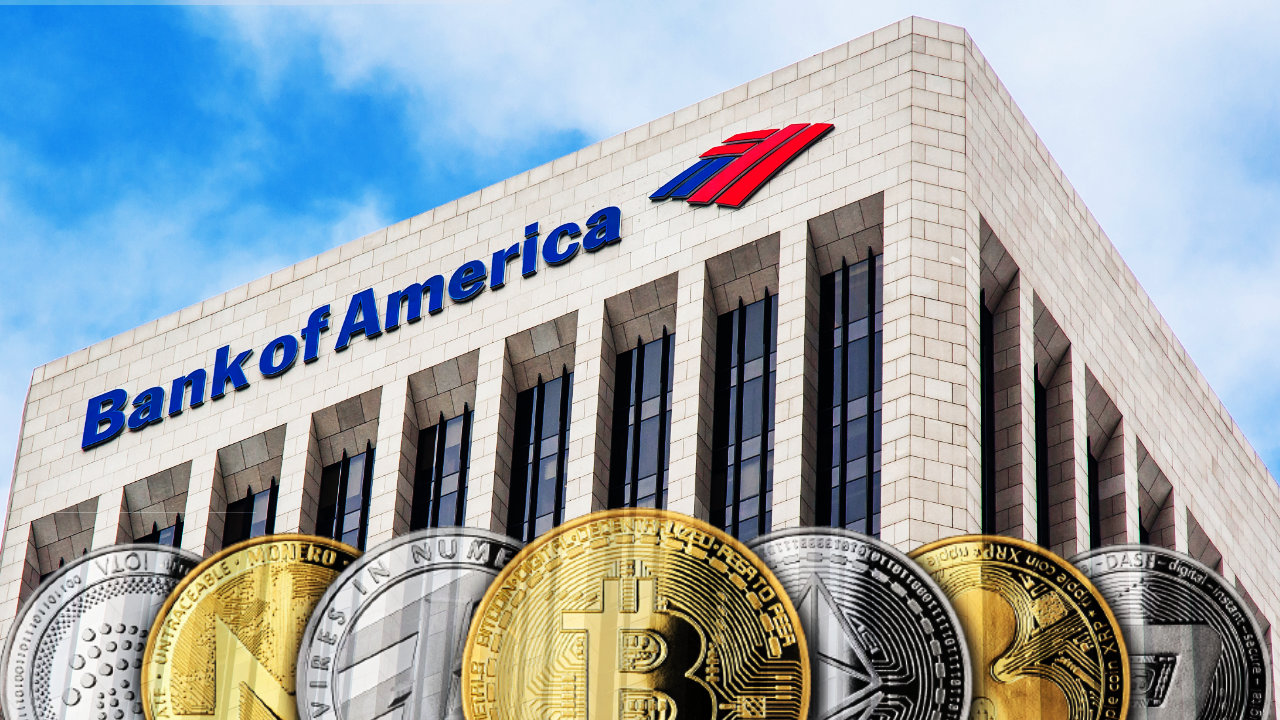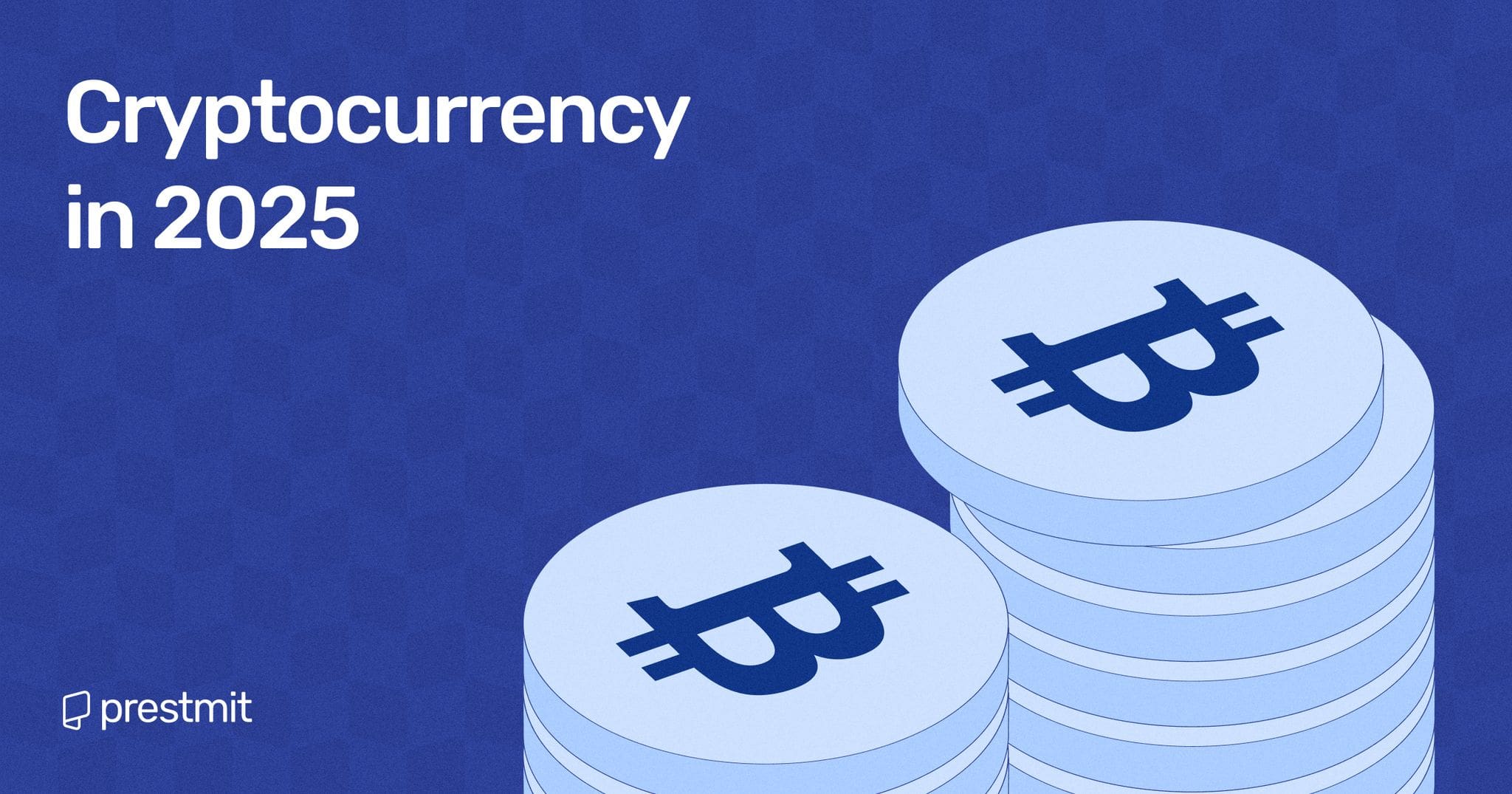The Rise of Decentralized Finance: A Game-Changer for Investors
The world of finance is experiencing an unprecedented transformation with the emergence of Decentralized Finance (DeFi). Enabling individuals to interact with financial services without intermediaries, DeFi is creating vast opportunities for investment and growth. This article explores the latest trends in DeFi and how they are reshaping the financial landscape.
What is DeFi?
Decentralized Finance refers to a blockchain-based form of finance that eliminates intermediaries, allowing peer-to-peer transactions. Built primarily on the Ethereum platform, DeFi utilizes smart contracts to automate transactions, ensuring transparency and security. As a result, users can lend, borrow, trade, and save without relying on traditional banks.
An infographic representing the growth of DeFi platforms.
The Growth of DeFi Platforms
Since the inception of DeFi, its growth has been staggering. In 2020 alone, the total value locked in DeFi projects surged from around $1 billion to over $40 billion. This meteoric rise has drawn attention from investors and institutions alike, indicating a strong appetite for innovation within the finance sector. More platforms are being launched, offering unique services ranging from yield farming to liquidity pools, enhancing user engagement and investment potential.
Key Players in the DeFi Space
Several projects have emerged as market leaders in the DeFi ecosystem. Uniswap, Aave, and Compound are at the forefront, providing users with various options for trading and borrowing cryptocurrencies. Moreover, these platforms have been integral in popularizing the concept of liquidity pools, where users can earn passive income by contributing assets.
“DeFi allows users to maintain complete control over their finances and empowers them to maximize their investment opportunities without middlemen.”
Challenges Facing DeFi
Despite its potential, the DeFi space is not without challenges. Concerns regarding security risks, including hacking incidents and vulnerabilities in smart contracts, have raised red flags among investors. Additionally, regulatory scrutiny is increasing as governments explore means to govern this burgeoning market effectively.
The Future of DeFi
As the DeFi movement evolves, stakeholders are likely to witness significant advancements in functionality and security. The integration of cross-chain capabilities, which allow assets to move seamlessly between different blockchain networks, is on the horizon. Furthermore, partnerships between DeFi projects and traditional financial institutions could bridge the gap between decentralized and centralized finance.
Conceptualization of the future integration of DeFi and traditional finance.
Conclusion
Decentralized Finance stands poised to redefine the norms of financial transactions and investments. While there are hurdles to overcome, the opportunities presented by DeFi are vast and varied. Investors keen on diversifying their portfolios should consider exploring this innovative sector, as it promises a dynamic future in modern finance.
Stay tuned for more insights and updates in the world of cryptocurrency and finance.














